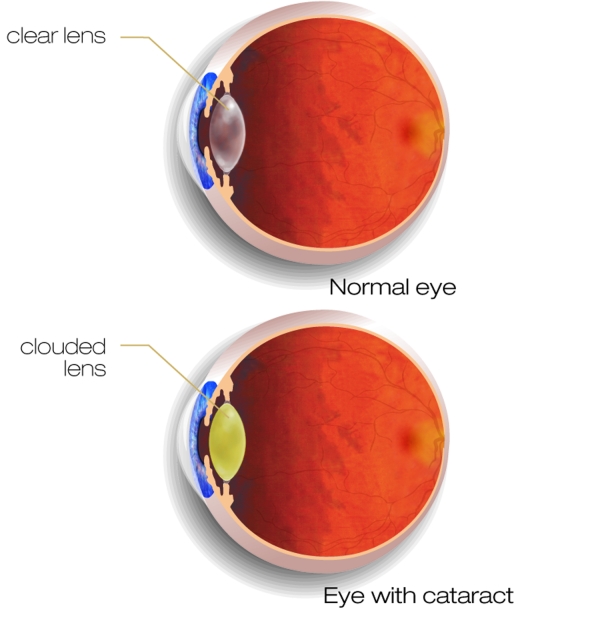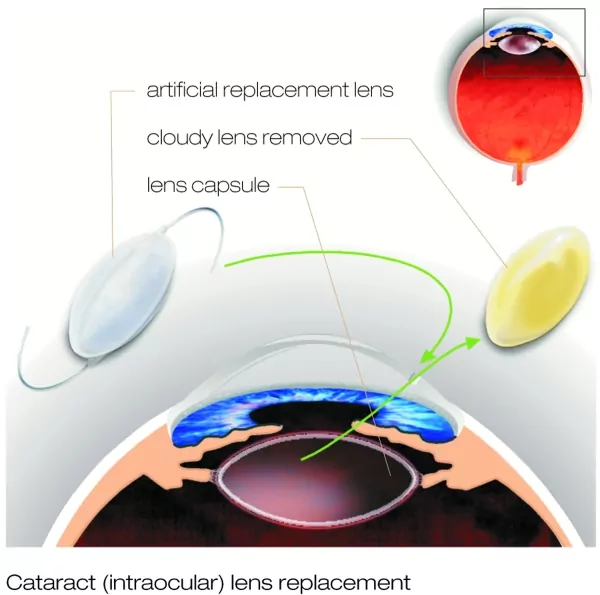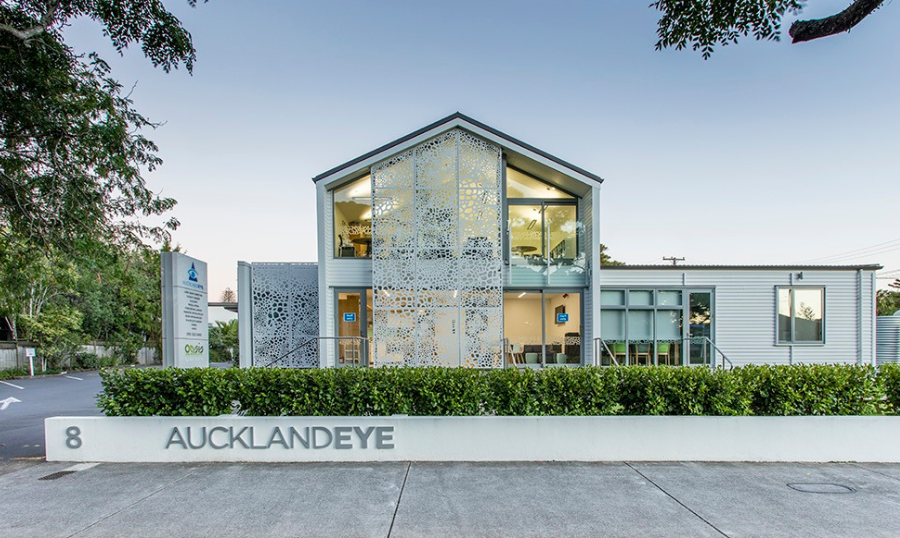What Is the Right Age for Laser Eye Surgery?
Understanding how age affects eligibility and the best option for you.

A cataract is a clouding of the lens inside the eye which restricts light from passing through the eye and reaching the retina. When this occurs, vision is affected. An opacity can be quite minor or it can become so marked that it prevents adequate vision. Cataracts can make the vision very blurry, cause rapid changes in your glasses strength and can also result in increased glare, particularly with driving at night.
Cataracts cannot be fixed with glasses, contact lenses or laser eye surgery. As scary as cataracts might sound, modern cataract surgery usually can restore vision lost to cataracts — and in some cases can reduce your reliance on glasses as well. Cataract removal is one of the most common eye operations performed in New Zealand today. It is also one of the safest and most effective and is successful in over 98% of cases. Due to advancements in technology, the results of modern cataract surgery are more predictable, there are few side effects and the eye usually makes a full recovery within only a few weeks.

Prior to your procedure, your doctor will do some tests to measure the size and shape of your eye. This way, your doctor can choose the best artificial lens for you, based on your eye measurements and lifestyle.
In preparation for the surgery, you will usually be told not to eat or drink anything 12 hours before the procedure.
Cataract surgery is very quick and usually takes less than 30 minutes. However, to allow time for preparation and recovery after the surgery, you can expect to be at Oasis Surgical for 2 hours in total.
To make sure you don’t feel any pain, you will be given a few eye drops to dilate your pupil followed by a local anaesthetic, as you will be awake for the procedure. To begin the procedure, the surgeon will make two tiny cuts in the cornea (front of your eye). Through these, the surgeon will then insert a small tool, called an ultrasound probe, to break up the cataract and gently suction it out from the eye. After all the cloudy tissue is removed from the eye, the surgeon will insert the new lens into the eye, called the IntraOcular Lens or implant (IOL), which is made of an acrylic material which lasts a lifetime and is well tolerated in the body. Once the lens is replaced, the surgeon will then will ensure the tiny cuts are sealed (they rarely require sutures) and the surgery is complete.
These lenses improve your vision by focusing the light on the back of your eye. You won’t be able to feel or see the lens after the surgery, as it becomes a permanent part of your eye which requires no long term care.

Immediately after the surgery, we will keep you comfortable in our post-op recovery room for at least half an hour before we let you go home. While you relax with a cup of tea and cake in the post-op room, one of our lovely nurses will run through all of your daily medicine instructions and make sure you understand your post-op care. You won’t need to stay overnight at the hospital, but you’ll need someone to drive you home, so make sure you have organised for a family member or friend to come and collect you afterwards. You will have a patch on overnight but it comes off the next morning so you can start your drops.
If you have cataracts in both of your eyes, you will probably have two separate surgeries, typically a week or more apart. This gives the first eye a chance to heal. Usually, our patients returning for the second surgery are less nervous, as they already know how pain-free and quick the procedure is.
For few days after the cataract surgery it is not uncommon for your eyes to feel sore or itchy. During this time you may also have some tearing and find it hard to see well in bright light. Your doctor will give you eye drops to prevent infection and settle inflammation in the eye. It is important for the first few days after the procedure that you take it easy and avoid bending over, picking up heavy objects and putting any pressure on your eye. You will need to wait to get a clearance from your doctor before you start driving though that usually happens at the first post-operative check, a day or two after the surgery.
Your eyes should have fully healed after 8 weeks. While many patients find they have perfect or near perfect vision after the surgery, there is a chance that you still may need to wear contacts or glasses after the surgery.
The ophthalmologists at Auckland Eye use the latest and most sophisticated techniques and equipment to ensure the best results for your cataract surgery.
If you have a question about cataract surgery or would like to book an appointment, please contact our friendly specialist team on 0800 AKL EYES or email to admin@aucklandeye.co.nz

Understanding how age affects eligibility and the best option for you.

Auckland Eye offers expert eye care across eight convenient locations, making specialist treatment accessible wherever you are in New Zealand.

What to expect and how to heal smoothly